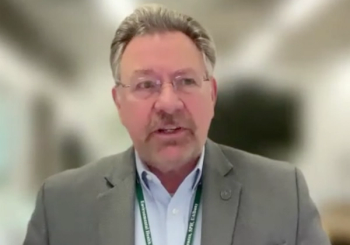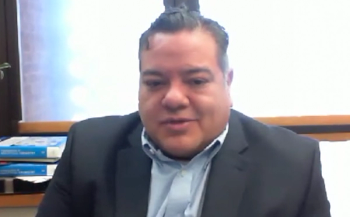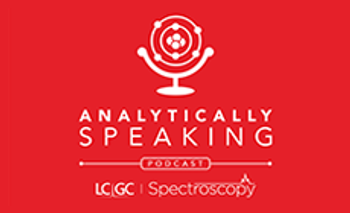
Agilent Technologies Acquires Cobalt Light Systems
Agilent Technologies (Santa Clara, California) has acquired Cobalt Light Systems (Oxfordshire, United Kingdom), a provider of Raman spectroscopic instruments for the pharmaceutical industry, applied markets, and public safety.
Agilent Technologies (Santa Clara, California) has acquired Cobalt Light Systems (Oxfordshire, United Kingdom), a provider of Raman spectroscopic instruments for the pharmaceutical industry, applied markets, and public safety.
Cobalt’s benchtop and handheld or portable Raman spectroscopic instruments enable through-barrier identification of chemicals and materials. By enabling measurement through opaque barriers and surfaces, their systems can analyze whole tablets or those inside sealed containers.
Phil Binns, vice president and general manager of Agilent’s Spectroscopy and Vacuum Solutions Divisions noted in a statement that Raman spectroscopy is one of the fastest-growing segments in spectroscopy. “This acquisition gives our customers access to state-of-the-art Raman spectroscopy technology,” he said. “It also provides Agilent immediate entry into this fast-growing segment with a highly competitive differentiated offering.”
Cobalt CEO Paul Loeffen noted that Cobalt and Agilent have similar cultures that are focused on innovation. “The combination of Cobalt’s patented technologies with Agilent’s product-development expertise, manufacturing capabilities, channels, and customer base will allow us to scale our operations to take advantage of this rapidly growing market,” he said.
Cobalt has 52 employees and is privately held. Loeffen will remain with Agilent as the Director of Raman Spectroscopy. Oxford will become Agilent’s global center for Raman spectroscopy. Since the company was founded in 2008, Cobalt has received numerous awards including The Queen’s Award for Enterprise in 2015, and the 2014 Royal Academy of Engineering MacRobert Award. The company was ranked as one of the United Kingdom’s fastest growing technology companies in 2014.
Newsletter
Get essential updates on the latest spectroscopy technologies, regulatory standards, and best practices—subscribe today to Spectroscopy.



